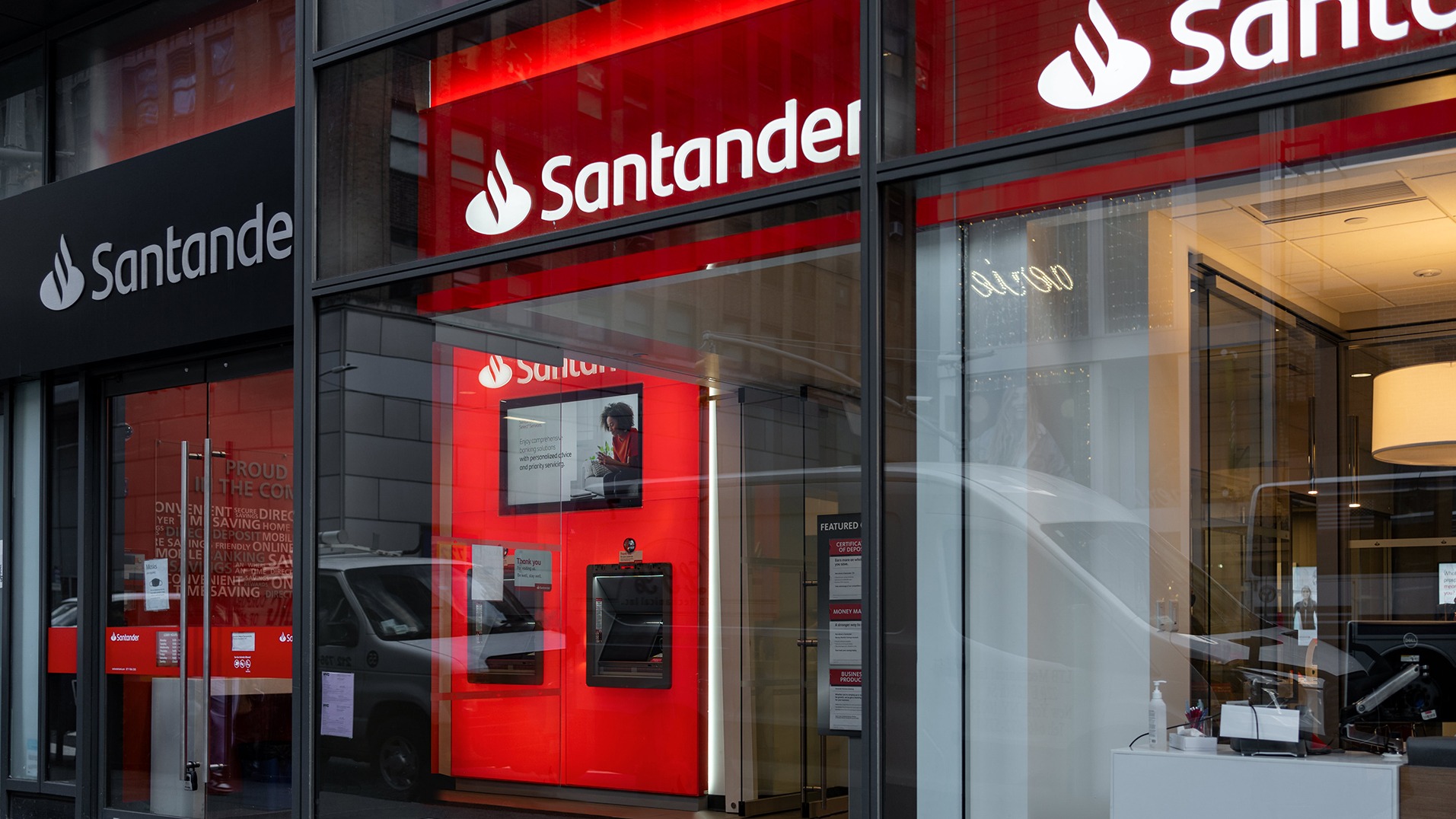Spanish banking giant Santander has reportedly rejected an £11 billion takeover bid for its UK retail banking unit from NatWest, dismissing the offer as too low.
The approach, which could have resulted in the largest UK banking deal since the financial crisis, is no longer active, according to reporting by the Financial Times. NatWest was reportedly advised by Morgan Stanley and UBS during the process.
"As we have said, the UK is not for sale and is a core part of Santander's diversified business model which is proven to deliver attractive, sustainable returns over the long term," a Santander spokesperson told the paper.
The revelation comes just months after Santander was forced to deny speculation it was reviewing its UK presence, with executive chairwoman Ana Botín insisting that Britain "will remain a core market" for the business.
Santander has recently raised €7 billion from selling a large stake in its Polish unit, making any disposal of its UK operation less likely. The Spanish lender has indicated it plans to redeploy some proceeds to invest in other regions as it pivots strategically from Europe toward the Americas.
"We want to be a relevant bank in the US," said Jose Garcia Cantera, Santander's chief financial officer, last month.
The Spanish group has reportedly become frustrated with its UK unit's high cost base and weaker returns compared to other markets, as well as Britain's ringfencing regime. Since October, Santander has announced more than 2,000 job cuts in the UK as part of plans to reduce costs and close branches. It currently employs about 18,000 staff and serves 14 million customers in Britain.
This marks the second rejected bid for Santander's UK operations in recent months, following what the report described as a "low ball" offer from Barclays last year.
For NatWest, the approach signals ambitious expansion plans as the bank nears complete privatisation. The UK government's stake in NatWest has fallen below 2 per cent and is expected to be fully divested within weeks.
Paul Thwaite, chief executive officer at NatWest, has previously indicated the bank is on the "front foot" regarding acquisitions, though he emphasised that any purchase "needs to be absolutely compelling from a shareholder perspective".
Under Thwaite's leadership since July 2023, NatWest has already acquired most of Sainsbury's banking operations and purchased a £2.5 billion mortgage portfolio from Metro Bank last year.
Santander built its UK presence through a series of acquisitions including Abbey National for £9 billion in 2004, followed by Alliance & Leicester and Bradford & Bingley's savings business during the 2007-09 financial crisis.
Latest News
-
Gemini to cut quarter of workforce and exit UK, EU and Australia as crypto slump forces retrenchment
-
Bank ABC’s mobile-only ila bank migrates to core banking platform
-
Visa launches platform to accelerate small business growth in US
-
NatWest to expand Accelerator programme to 50,000 members in 2026
-
BBVA joins European stablecoin coalition
-
eToro partners with Amundi to launch equity portfolio with exposure to ‘megatrends’
Creating value together: Strategic partnerships in the age of GCCs
As Global Capability Centres reshape the financial services landscape, one question stands out: how do leading banks balance in-house innovation with strategic partnerships to drive real transformation?
Data trust in the AI era: Building customer confidence through responsible banking
In the second episode of FStech’s three-part video podcast series sponsored by HCLTech, Sudip Lahiri, Executive Vice President & Head of Financial Services for Europe & UKI at HCLTech examines the critical relationship between data trust, transparency, and responsible AI implementation in financial services.
Banking's GenAI evolution: Beyond the hype, building the future
In the first episode of a three-part video podcast series sponsored by HCLTech, Sudip Lahiri, Executive Vice President & Head of Financial Services for Europe & UKI at HCLTech explores how financial institutions can navigate the transformative potential of Generative AI while building lasting foundations for innovation.
Beyond compliance: Building unshakeable operational resilience in financial services
In today's rapidly evolving financial landscape, operational resilience has become a critical focus for institutions worldwide. As regulatory requirements grow more complex and cyber threats, particularly ransomware, become increasingly sophisticated, financial services providers must adapt and strengthen their defences. The intersection of compliance, technology, and security presents both challenges and opportunities.
© 2019 Perspective Publishing Privacy & Cookies



.jpg)










Recent Stories